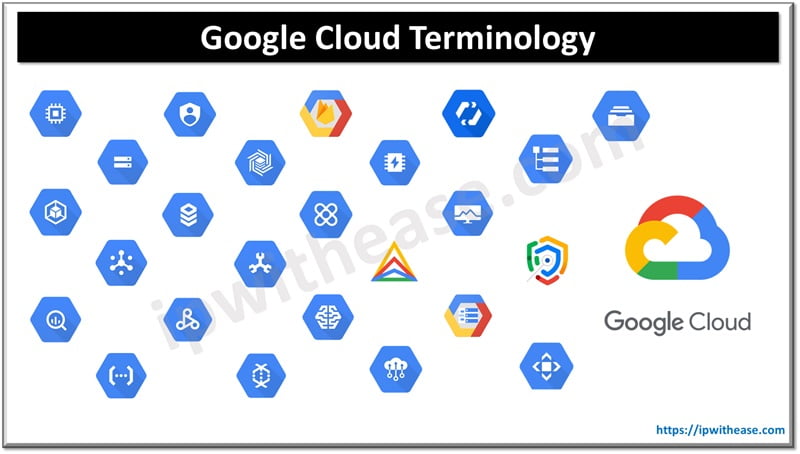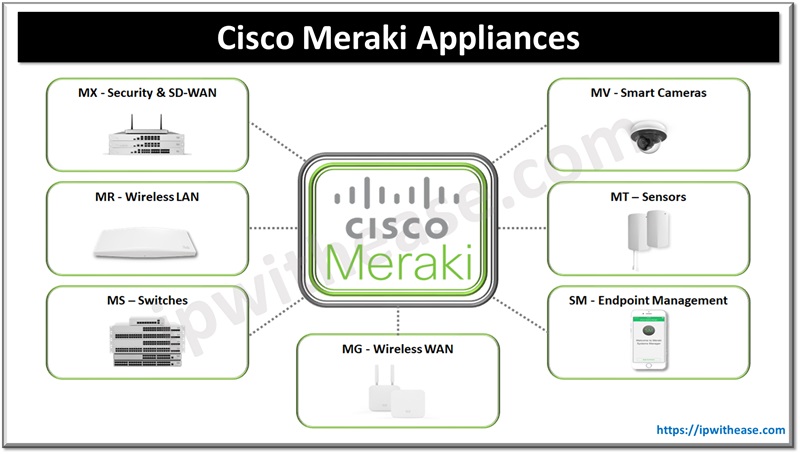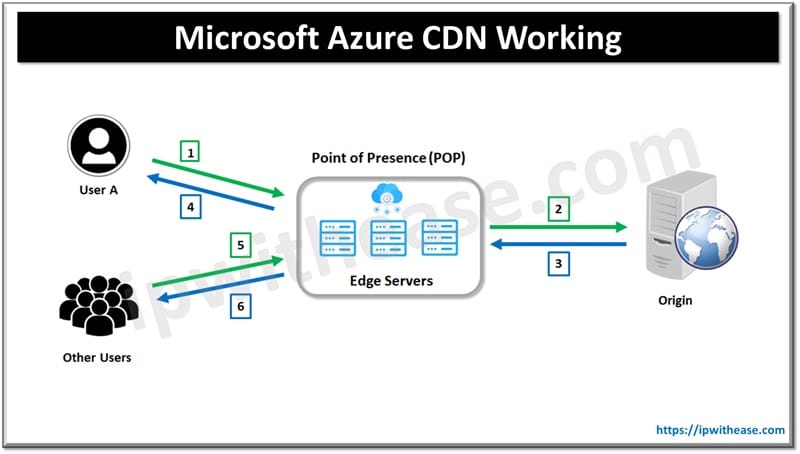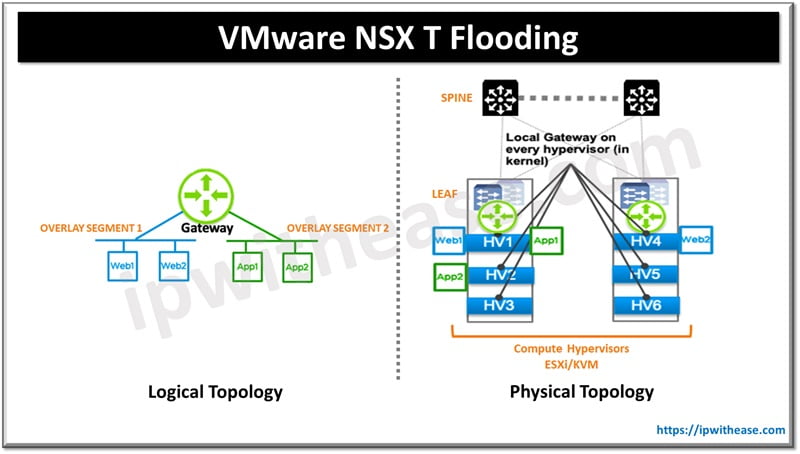Google ADs
Table of Contents
Google Cloud is a suite of cloud computing services offered by Google. It provides a range of tools and services for computing, storage, data analytics, machine learning, networking, and application development.
In this blog, we will discuss the essential Google Cloud Platform (GCP) terminology and concepts.

Google Cloud Terminology & Services
1. Compute Engine
- Overview: Infrastructure-as-a-Service (IaaS) for running virtual machines.
- Key Concepts: Instances, machine types, persistent disks, snapshots.
2. Cloud Storage
- Overview: Object storage service for storing and accessing data.
- Key Concepts: Buckets, objects, storage classes (Standard, Nearline, Coldline), versioning.
3. Google Kubernetes Engine (GKE)
- Overview: Managed Kubernetes service for containerized applications.
- Key Concepts: Clusters, nodes, pods, deployments, Kubernetes API.
4. Cloud Pub/Sub
- Overview: Globally distributed message queuing service.
- Key Concepts: Topics, subscriptions, messages, push and pull delivery.
5. BigQuery
- Overview: Serverless, highly scalable enterprise data warehouse.
- Key Concepts: Datasets, tables, SQL-like queries, BigQuery ML.
6. Cloud Functions
- Overview: Serverless compute service for event-driven functions.
- Key Concepts: Functions, triggers, event sources (e.g., Pub/Sub, Cloud Storage).
7. Cloud Identity & Access Management (IAM)
- Overview: Manage access control for GCP resources.
- Key Concepts: Roles, permissions, policies, service accounts.
Related: Introduction to IAM (Identity access manager) in AWS
Google ADs
8. Cloud Bigtable
- Overview: Fully managed NoSQL database service for large analytical and operational workloads.
- Key Concepts: Tables, rows, columns, nodes, data storage.
9. Cloud SQL
- Overview: Managed relational database service for MySQL, PostgreSQL, and SQL Server.
- Key Concepts: Instances, databases, replicas, backups.
10. Cloud Spanner
- Overview: Globally distributed, horizontally scalable relational database service.
- Key Concepts: Instances, databases, nodes, ACID transactions.
11. Cloud Dataproc
- Overview: Managed Apache Hadoop and Apache Spark service.
- Key Concepts: Clusters, jobs, initialization actions, workflows.
12. Cloud Dataflow
- Overview: Managed service for real-time stream and batch data processing.
- Key Concepts: Pipelines, transforms, windows, watermarks.
13. Firebase
- Overview: Platform for building mobile and web applications.
- Key Concepts: Realtime Database, Firestore, authentication, hosting, functions.
14. Cloud Memorystore
- Overview: Fully managed in-memory data store service.
- Key Concepts: Redis, Memcached, instances, nodes, data persistence.
15. Apigee API Platform
- Overview: API management platform for designing, deploying, and managing APIs.
- Key Concepts: APIs, API proxies, API products, developer portals.
16. Anthos
- Overview: Platform for managing applications on-premises or in the cloud.
- Key Concepts: Hybrid and multi-cloud management, Kubernetes clusters.
17. Cloud AI Platform
- Overview: Platform for building, training, and deploying machine learning models.
- Key Concepts: Notebooks, models, training jobs, prediction services.
18. Cloud IoT Core
- Overview: Fully managed service for securely connecting and managing IoT devices.
- Key Concepts: Devices, registries, MQTT/HTTP protocols, device management.
19. Cloud AutoML
- Overview: Automated machine learning service for building custom ML models.
- Key Concepts: Datasets, model training, evaluation, deployment.
20. Cloud Logging
- Overview: Monitoring and logging service for GCP resources.
- Key Concepts: Logs, metrics, alerts, log queries.
Related: AWS Terminology: A Comprehensive Guide
21. Cloud Monitoring
- Overview: Monitoring service for GCP and hybrid cloud environments.
- Key Concepts: Metrics, dashboards, uptime checks, alerting policies.
22. Cloud Security Command Center
- Overview: Security and risk management service for GCP resources.
- Key Concepts: Security findings, asset inventory, security health analytics.
23. Cloud Storage Transfer Service
- Overview: Managed service for transferring large amounts of data to Google Cloud Storage.
- Key Concepts: Transfer jobs, schedules, source and destination settings.
24. Cloud CDN (Content Delivery Network)
- Overview: Global content delivery service for fast and secure delivery of web content.
- Key Concepts: Edge locations, cache invalidation, HTTPS load balancing.
25. Cloud Filestore
- Overview: Managed file storage service for applications that require a file system interface.
- Key Concepts: File shares, instances, NFS protocol, capacity scaling.
ABOUT THE AUTHOR

Founder of AAR TECHNOSOLUTIONS, Rashmi is an evangelist for IT and technology. With more than 12 years in the IT ecosystem, she has been supporting multi domain functions across IT & consultancy services, in addition to Technical content making.
You can learn more about her on her linkedin profile – Rashmi Bhardwaj



